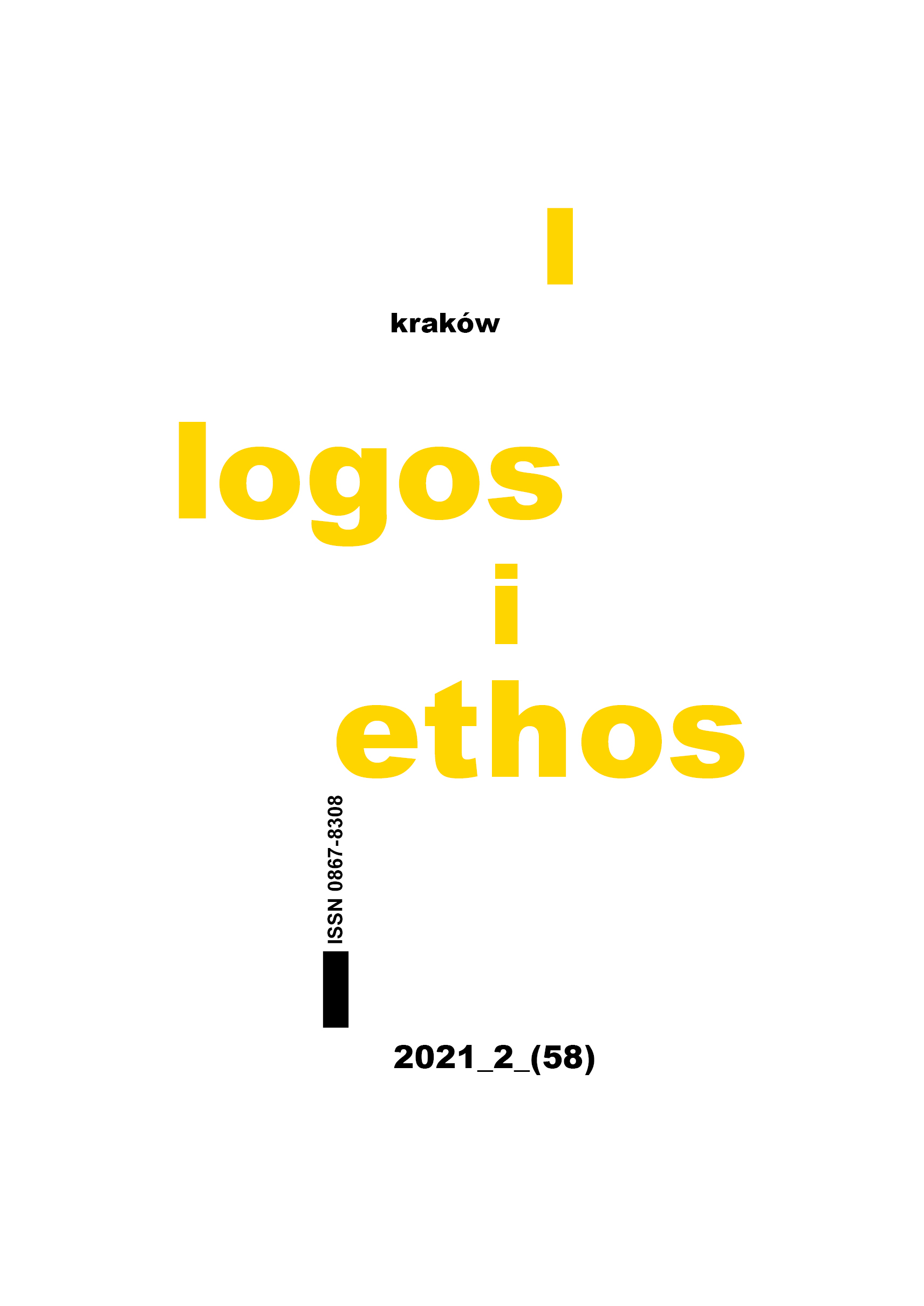Place or Places? Some Thoughts on Roman Ingarden’s Proposals for Linking Intentional and Actual Places in a Literary Work
DOI:
https://doi.org/10.15633/lie.4173Keywords:
Roman Ingarden, philosophy of literature, place, literary work, Hilary Putnam, Józef Bańka, twin earth, recentivismAbstract
The following paper presents a proposal to complement Roman Ingarden’s philosophy of literature. Ingarden assumed that there is some identity or some connection between the place where the action takes place in a literary work and the real place, if such a place is indicated by a literary work (e.g. Grodzka Street in Krakow). Based on the arguments of Hilary Putnam, extended for the purposes of the topic, and metaphysical aspects of recentivism by Józef Bańka, arguments are presented to show that it is not possible to maintain a claim of connectivity between intentional places in a literary work and actual places. The consequences of such an addition to the indicated point of Ingarden’s philosophy of literature are also pointed out.
References
Bańka J., Sermonizm jako stanowisko recentywizmu w sporze o powszechniki, „Folia Philosophica” 26 (2008), s. 199–220.
Głowiński M., O konkretyzacji, w: M. Głowiński, Style odbioru: szkice o komunikacji literackiej, Kraków 1977, s. 91–109.
Ingarden R., O dziele literackim. Badania z pogranicza ontologii, teorii języka i filozofii literatury, Warszawa 1960.
Ingarden R., O poznawaniu dzieła literackiego, Warszawa 1976.
Ingarden R., O pytaniach esencjalnych, w: R. Ingarden, Z teorii języka i filozoficznych podstaw logiki, Warszawa 1972.
Ingarden R., Spór o istnienie świata, t. 2/1, Warszawa 1987.
Pelc J., Quasi-sądy a dzieło literackie, „Pamiętnik Literacki” 54 (1963) 3, s. 61–79.
Petryszak K., Ontologia kultury. Badania nad kulturą w oparciu o zmodyfikowaną ontologię Romana Ingardena, Kraków 2021, doi: 10.15633/9788374387767.
Popper K., Wszechświat otwarty. Argumenty na rzecz indeterminizmu, Kraków 1996.
Putnam H., Mózgi w naczyniu, w: H. Putnam, „Wiele twarzy realizmu” i inne eseje, Warszawa 1998, s. 295–324.
Putnam H., Znaczenie wyrazu „znaczenie”, w: H. Putnam, „Wiele twarzy realizmu” i inne eseje, Warszawa 1998, s. 93–184.
Rosiak M., Spór o substancjalizm. Studia z ontologii Ingardena i metafizyki Whiteheada, Łódź 2003.
Rosiak M., Zagadnienie postaktualności. Z ontologii egzystencjalnej tego, co przeminęło, „Lectiones & Acroases Philosophicae” 5 (2012) 2, s. 33–46.
Słownik terminów literackich, pod red. M. Głowińskiego, T. Kostkiewiczowej, A. Okopień-Sławińskiej, J. Sławińskiego, Wrocław 2008.
Stępień A.B., Uwagi o Ingardenowskiej koncepcji ontologii, w: Spór o Ingardena, pod red. J. Dębowskiego, Lublin 1994, s. 17–26.
Stróżewski W., Wokół piękna, Kraków 2002.
Szczepańska A., Estetyka Romana Ingardena, Warszawa 1989.
Świderski E., Pewne główne rysy ontologii Ingardena, „Studia Philosophiae Christianae” 14 (1978) nr 1, s. 89–108.
Ulicka D., Ingardenowska filozofia literatury. Konteksty, Warszawa 1992.
Ziomek J., Fikcyjne pole odniesienia a problem quasi-sądów, w: Wypowiedź literacka a wypowiedź filozoficzna, pod red. M. Głowińskiego i J. Sławskiego, Wrocław–Warszawa–Kraków–Gdańsk–Łódź 1992, s. 199–209.
Downloads
Published
Issue
Section
License
The following rules apply to copyright:
1. The author declares that he or she has full copyright to the work, and such copyright it is not limited to the extent applicable to this declaration, that the article is an original work and that it does not infringe any third-party rights.
2. The author agrees to a free-of-charge, non-exclusive and non-restricted use of the work by Pontifical University of John Paul II in Krakow i.e.:
- to record and duplicate: make copies of the work by means of printing, reprography, magnetic or digital storage;
- to circulate the original or the copies of the work (disseminate, lend or lease the original or copies thereof, publicly display, screen or make the work publicly available so that everyone is able to access it at the time and in place they wish to do so);
- to include the work in a compilation;
- the Pontifical University of John Paul II in Krakow may grant sublicenses Creative Commons Acknowledgement of authorship-Non-commercial use-Without derivative work 3.0 Poland
- the author and the title of the work will be listed,
- the place of publication (name of the periodical and an Internet link to the originally published work),
- the work will be distributed in a non-commercial way,
- no derivative works will be created.
The UPJPII Press does not waive any of its copyrights to any target group.
If you want to publish the text in Logos and Ethos, you must sign the license. However, the signing takes place at a later stage of publishing. Check the license: [license_en.pdf]

